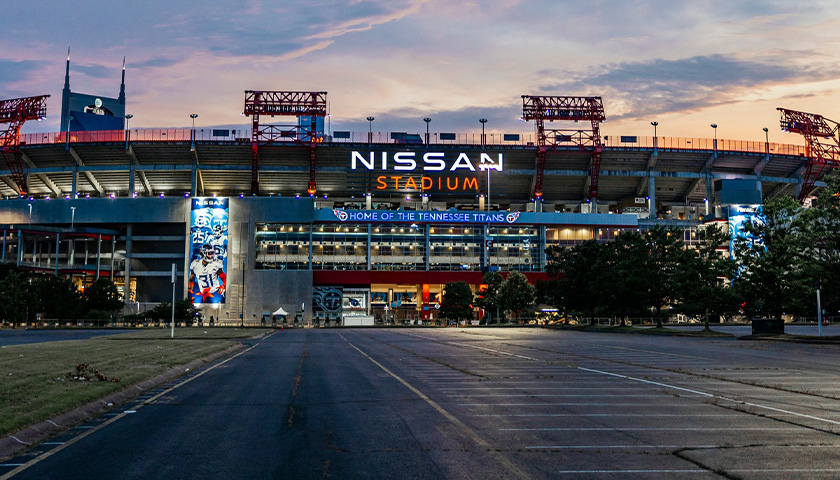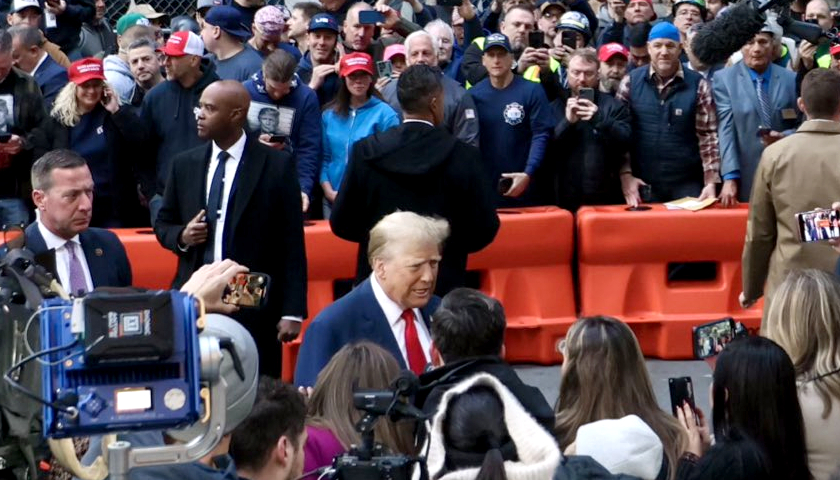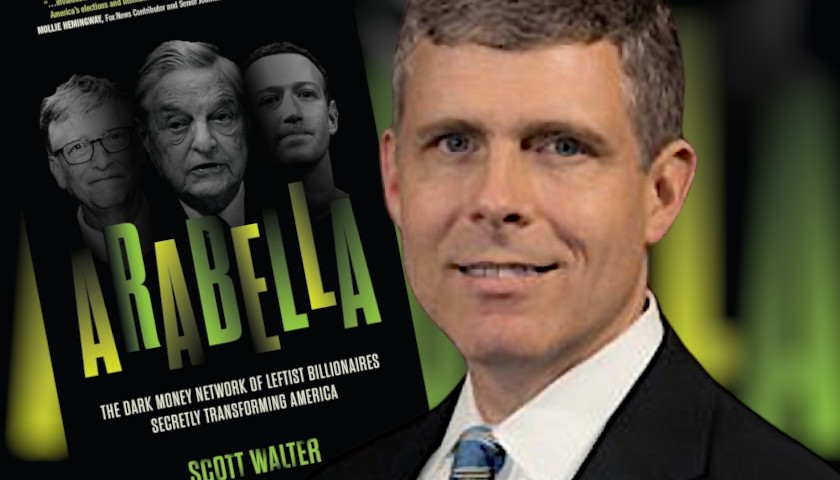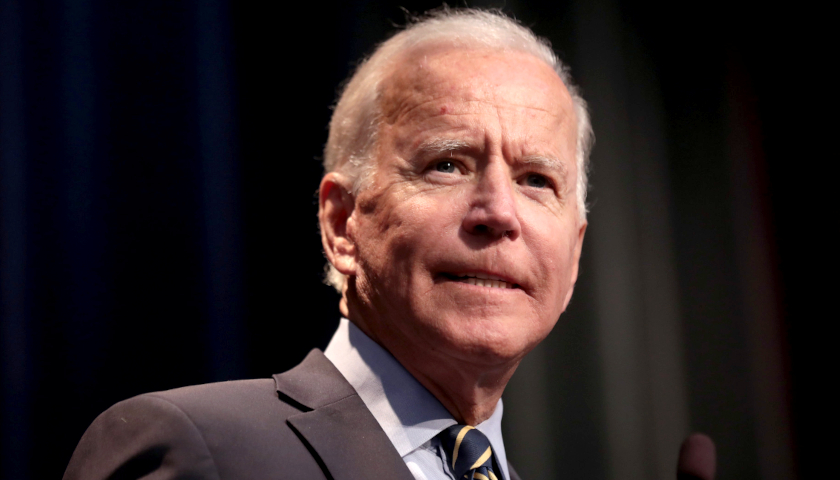by Jon Styf
A recent academic paper on the economics of sports stadiums again has highlighted how publicly funding professional sports stadiums does not provide the benefits promised by politicians.
The paper highlights how building entertainment districts surrounding stadiums has not changed that formula and alternative tax funding mechanisms – like those planned to be used in Nashville to fund a new $2.1 billion Titans stadium – only serve to obscure the fact so much is public funding is being used.
“The common justification that stadium-related spending results in increased economic activity is not well founded, because most fan spending derives from existing area residents who reallocate their spending from other local leisure consumption options,” the paper said. “Thus, spending at sports events crowds out other local spending and does not represent net new spending to the area.”
Kennesaw State University economist J.C. Bradbury wrote the paper “The Economics of Stadium Subsidies: A Policy Retrospective,” along with Dennis Coates of the University of Maryland-Baltimore County and Brad Humphreys from West Virginia University.
“The empirical evidence is unambiguous: stadiums do not confer large positive economic or social benefits on host communities,” the paper said.
Tennessee politicians have continued to push tax capture options to fund new sports stadiums and renovations for existing stadiums.
Along with $500 million in direct state funding, the new Titans stadium involves a funding plan that includes a tax fund that is expected to capture $2.9 billion through a lease that will run through 2056 by collecting a new 1% hotel tax in Davidson County, both state and local sales taxes from purchases at the stadium, a $3 ticket tax for all stadium events and a 50% sales tax for a potential future development on 130 acres surrounding a stadium.
The fund is planned to pay off $760 million in revenue bonds from Nashville along with paying for future capital improvements at the stadium.
Tennessee’s legislature has passed similar deals for Minor League Baseball stadiums in Knoxville and Chattanooga and has been asked by Memphis leadership to extend tax captures there through 2053.
Along with a $350 million proposed contribution proposed by Tennessee Gov. Bill Lee in his recent budget, Memphis have requested to increase the allowance for Shelby County to create a 5% hotel/motel tax, up from the current 3.5% tax, as well as asking the state to extend an allowance for a county car rental tax through 2053 and extend a deal where all sales taxes collected at FedExForum are kept by the Grizzlies through 2053.
That tax fund collected $18.2 million in 2020 and $22.5 million in 2021 during the COVID-19 pandemic.
“The notion that a municipality can collect hundreds of millions in new tax revenue at no cost to jurisdiction residents by exporting costs to visitors and creating new tax revenue streams is dubious,” the paper said. “Every jurisdiction operates with a stock of wealth from which taxes may be collected to fund public services. No matter what tax instrument is used to underwrite stadium expenses, the local nature of stadium commerce means that most of the revenue collected will come from local residents and businesses.
“The incidence of these alternate tax instruments may be difficult for the general public and policymakers to observe, which fosters the perception that public funding does not burden taxpayers. Instead, the alternate tax sources serve to produce fiscal illusion, which results when the connection between the total and individual share of resources used to fund public services is obscured to hide the true burden to taxpayers.”
– – –
Jon Styf is an award-winning editor and reporter for The Center Square who has worked in Illinois, Texas, Wisconsin, Florida and Michigan in local newsrooms over the past 20 years, working for Shaw Media, Hearst and several other companies.
Photo “Nissan Stadium” by Nissan Stadium.








